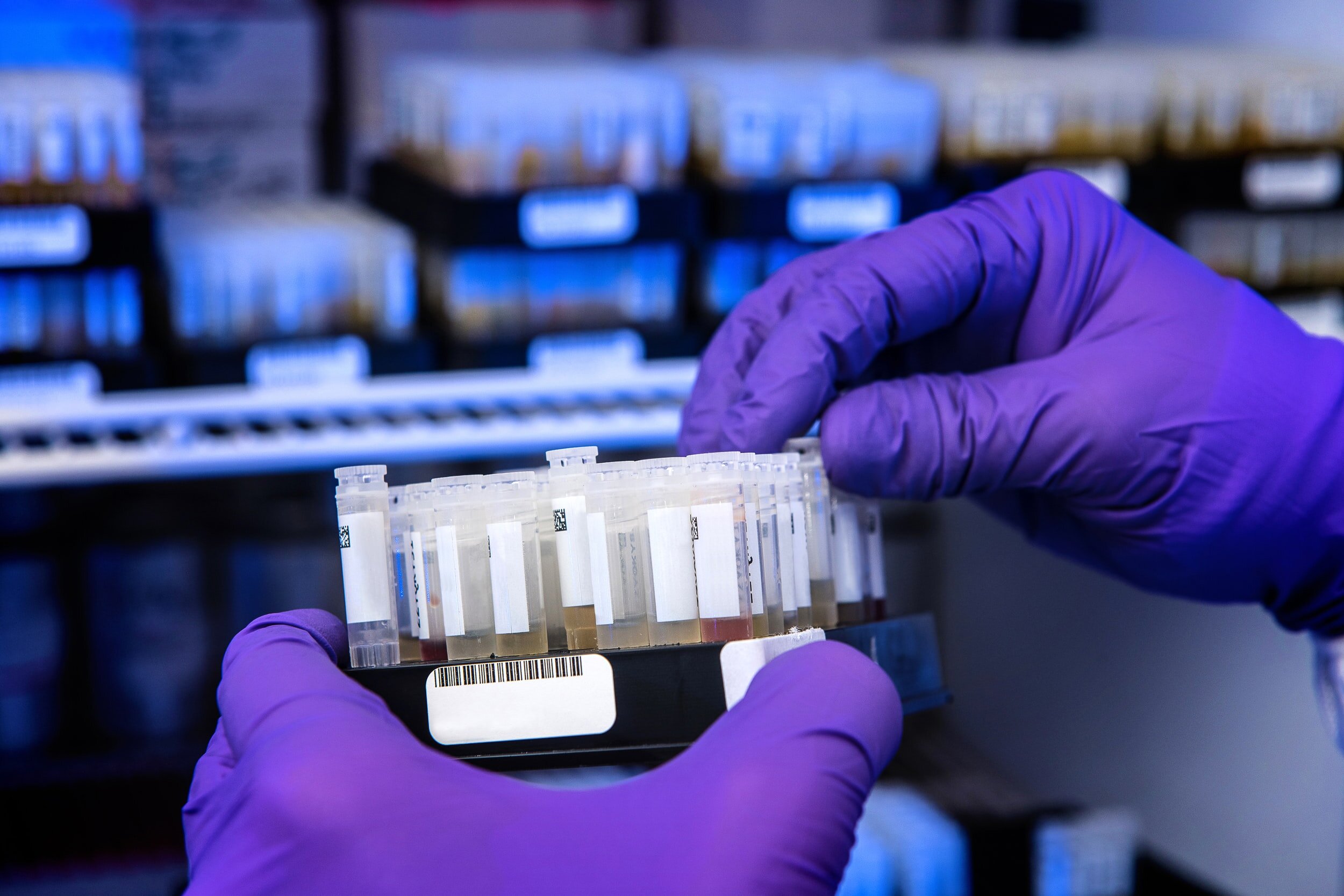
About PrEP
PrEP (pre-exposure prophylaxis) is medicine people at risk for HIV take to prevent getting HIV from sex or injection drug use.
If you think PrEP may be right for you, visit your doctor or health care provider. PrEP is only available by prescription. Any health care provider licensed to write prescriptions can prescribe PrEP; specialization in infectious diseases or HIV medicine is not required.
What is PrEP?
Pre-exposure prophylaxis (PrEP) is a course of HIV drugs taken by HIV-negative people to protect them against HIV infection.
Truvada® has been approved for use as PrEP in many countries. Truvada® is a single pill that is a combination of two anti-HIV drugs, tenofovir and emtricitabine. In the USA, Descovy® has also been approved for use as PrEP. Generic forms of PrEP are available which contain the same active drugs as Truvada® and Descovy® .
PrEP is different from PEP (Post-exposure prophylaxis), which is an emergency treatment for HIV taken after possible exposure to the virus.

The anti-HIV drugs in PrEP stop the virus replicating in your body.
If you are exposed to HIV, for example during sex without a condom, but have been taking PrEP correctly, there will be high enough levels of the drugs to prevent you from getting HIV.
Are there different types of PrEP?
How effective is PrEP?
If used consistently and correctly, PrEP will virtually eliminate the risk of you becoming infected with HIV.
A number of large, high profile trials undertaken across the world have continued to prove PrEP’s effectiveness.
If I take PrEP, can I stop using condoms?
PrEP will protect you from HIV, but it doesn’t give you any protection against sexually transmitted infections (STIs). Using a condom is the best way to prevent other STIs such as gonorrhoea, chlamydia and hepatitis C. PrEP also doesn’t prevent pregnancy.
Who can take PrEP?
PrEP is for people who are HIV-negative and more at risk of HIV infection. PrEP can be used by men and women, both trans and cisgender.
PrEP may be a good option for you if:
you’re in an ongoing sexual relationship with a partner living with HIV who does not have an undetectable viral load.
you’re a gay or bisexual man who has multiple sexual partners and you don't always use condoms.
you’re a gay or bisexual man in a new sexual relationship but not yet aware of your partner’s HIV status and don’t always use condoms.
you’re not using condoms with partners of the opposite sex whose HIV status is unknown and who are at high risk of HIV infection (for example, they inject drugs, have multiple partners, or have bisexual male partners)
you have sex for money, or receive gifts for sex
you’ve shared injecting equipment or have been in a treatment program for injecting drug use.
Is PrEP effective for vaginal and anal sex?
Yes. PrEP can prevent HIV infection during both vaginal and anal sex, but there are different recommendations for how to take it depending on your gender and the sex you have.
How do I take PrEP?
There are two ways to take PrEP:
One tablet per day
Recommended for:
women (both trans and cisgender)
transgender men having vaginal/frontal sex
men having vaginal or anal sex with women
gay and bisexual men
You will need to take PrEP for 7 days before you are protected, and then every day for as long as you want protection.
Event-based (on-demand) where you take PrEP before and after planned sex
Recommended for:
gay and bisexual men
This option would work for you if you are able to plan for sex at least two hours in advance or you can delay having sex for at least two hours.
There are different types of event-based PrEP depending on your pattern of sexual activity, so make sure you talk this option through with a health professional.
How can I start PrEP and how long do I take it for?
You must take an HIV test before starting PrEP to be sure that you don’t already have HIV.
If you have HIV already then taking PrEP may increase the likelihood of developing drug resistance which makes HIV treatment less effective.
While you’re taking PrEP, you should visit your healthcare professional for regular check-ups (at least every three months).
Unlike HIV treatment, people do not stay on PrEP for life. PrEP is normally taken for periods of weeks, months or a few years when a person feels most at risk of HIV. This might be during specific relationships, after the break-up of a relationship and dating new people, when planning a holiday when you know you will be sexually active with new people whose status you may not know, while dealing with drug use problems, or when trying to conceive and one of you is known to be HIV positive.
Where is PrEP available?
Currently, PrEP is not available everywhere in the world and even in countries where it has regulatory approval (meaning it’s approved as medication) it may not be easy to get hold of for a number of political or resourcing reasons.
In some countries PrEP is available for free, or subsidised as part of the national health system, in other countries you will have to pay for it privately.
The good news is that international guidelines now recommend that PrEP should be made widely available, so even if it's not available to you right now, it may be an option in the future.
If you are interested in getting PrEP contact a healthcare professional who should be able to advise you on how you can do this. They will also be able to offer the advice, monitoring and support to help you take PrEP correctly and ensure you are fully protected.
There are also dedicated websites that can help you buy PrEP. However, taking PrEP without medical advice and monitoring has health risks, so you should always get a professional health check if you do buy PrEP online.

Does PrEP have any side effects?
In some people PrEP can cause minor side effects like nausea, vomiting, fatigue and dizziness, but these usually disappear over time. In rare cases PrEP can also affect kidney functions. If you’re taking PrEP and experience any side effects that are severe or don’t go away, tell your healthcare professional.
